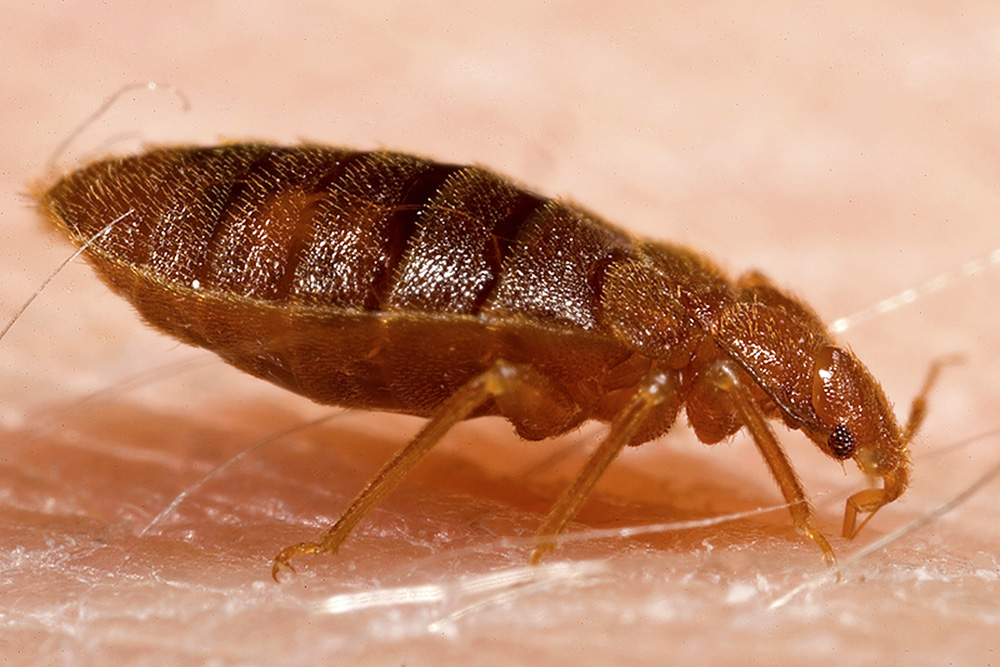Comprehensive Kings Bug Control Services Cincinnati OH
Comprehensive Kings Bug Control Services Cincinnati OH
Blog Article
A Malfunction of the Various Kinds Of Parasite Control Solutions
In the world of parasite control, a plethora of approaches exist to deal with the visibility and address of undesirable animals. As we browse through the diverse landscape of parasite control solutions, comprehending the details of each method becomes vital in establishing the most effective course of action.
Chemical Pesticides
Chemical chemicals are generally used in pest control to efficiently get rid of a wide variety of insects and other insects. These pesticides work by targeting the nerve system of the bugs, interrupting their regular features, and inevitably bring about their demise. Using chemical pesticides has been a staple in the pest control industry for decades due to their efficiency and quick results.

Nevertheless, it is vital to use chemical pesticides with care as a result of their prospective unsafe impacts on the setting and non-target species. Incorrect application or overuse of these chemicals can lead to contamination, injury to advantageous pests, and resistance development in insect populaces. Therefore, it is vital to follow security standards and laws when using chemical pesticides for bug control.
Biological Control Techniques
Considering the prospective environmental impacts and threats connected with chemical pesticides, organic control techniques supply an even more lasting strategy to taking care of bug populaces. Biological control involves the use of natural adversaries, such as pathogens, predators, and bloodsuckers, to reduce insect populations. This approach is usually extra targeted, impacting only the specific parasite types while reducing harm to valuable bugs, humans, and the setting.

One benefit of biological control is its long-term efficiency. When developed, all-natural enemies can help manage pest populations constantly without the demand for duplicated applications of chemicals. Additionally, biological control is typically a lot more cost-efficient and can help in reducing pesticide resistance in insect populations in time. Generally, organic control techniques use a lasting and eco-friendly option to pest administration.

Mechanical Insect Control
Mechanical insect control entails the physical manipulation or removal of bugs to handle their populations successfully. One usual example of mechanical bug control is making use of traps to catch rats or pests.
One more mechanical strategy is the use of barriers such as displays, webs, or fencings to block bugs from getting in specific areas. By physically stopping parasites from accessing a location, the probability of problems or damages can be significantly decreased. Furthermore, Check This Out hands-on techniques like i thought about this handpicking bugs off frameworks or plants can be reliable for smaller-scale problems.
While mechanical parasite control methods can be labor-intensive, they provide a non-chemical option that can be ecologically friendly and sustainable. By targeting pests directly, mechanical control techniques can aid maintain parasite populaces in check without relying on pesticides.
All-natural Solutions
Making use of all-natural treatments for insect control provides a sustainable and eco-friendly strategy to taking care of parasite populaces without turning to chemical treatments. All-natural treatments involve making use of materials originated from plants, minerals, or other normally taking place sources to discourage or remove parasites. Planting particular herbs like basil, mint, or lavender around your property can ward off insects due to their solid fragrances. Diatomaceous planet, a powder made from fossilized algae, can be utilized to combat parasites like ants, cockroaches, and bed pests by dehydrating their exoskeletons.
Additionally, necessary oils such as tea tree oil or neem oil have insecticidal homes that can properly manage bugs while being safe for the atmosphere. One more all-natural remedy is introducing beneficial bugs like ladybugs or hoping mantises to your yard to prey on damaging parasites. By incorporating these natural options right into pest management methods, individuals can minimize their dependence on artificial chemicals and promote a healthier, much more balanced environment.
Integrated Parasite Management
Integrated Pest Administration (IPM) is a detailed strategy that incorporates numerous strategies to efficiently manage pest populations while lessening dangers to human health and wellness and the atmosphere. IPM includes the assimilation of numerous bug control approaches such as organic control, environment control, adjustment of cultural practices, and using resistant plant varieties. By making use of a mix of these strategies, IPM intends to minimize dependence on chemical pesticides, which can have unfavorable influence on environments and human health.
One secret element of IPM is the emphasis on prevention. By implementing measures to protect against parasite problems prior to they occur, such as maintaining correct cleanliness and sealing entry factors, the requirement for reactive pest control actions is lessened. Tracking and regular inspections play a crucial duty in IPM, permitting early discovery of parasite problems and prompt treatment.
Final Thought
In conclusion, the different kinds of pest control services supply a range of choices for properly managing insect problems. Organic control methods utilize natural killers to regulate pests. Integrated Insect Administration integrates several approaches for an all natural strategy to pest control.
Chemical chemicals are typically utilized in insect control to properly remove a vast array of bugs and various other insects.Mechanical bug control entails the physical control or removal of pests to handle their populations properly (Kings Bed bug exterminator Cincinnati).Using all-natural treatments for bug control uses a eco-friendly and sustainable technique to taking care of bug populaces without resorting to chemical interventions.Integrated Pest Management (IPM) is a comprehensive strategy that incorporates different methods to efficiently control pest populaces while decreasing dangers to human health and the environment.In verdict, the different my company types of parasite control options provide a range of alternatives for successfully handling pest problems
Report this page